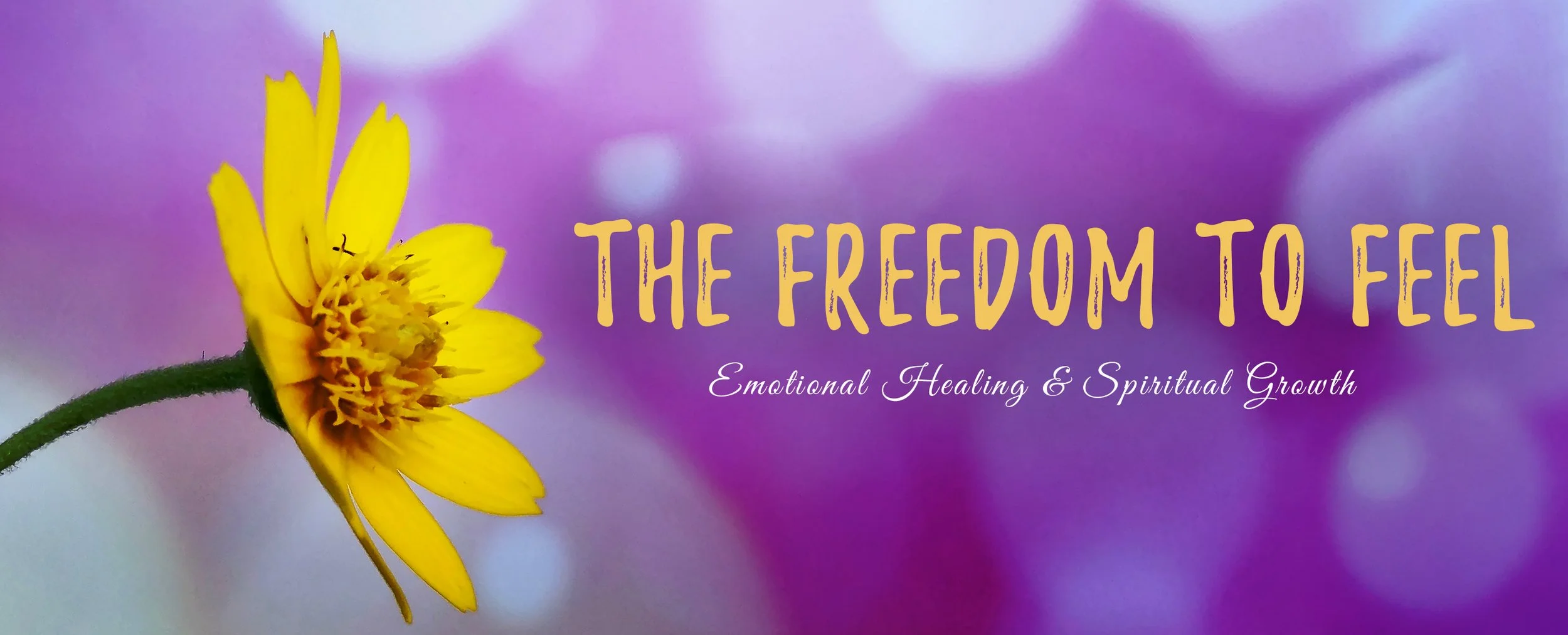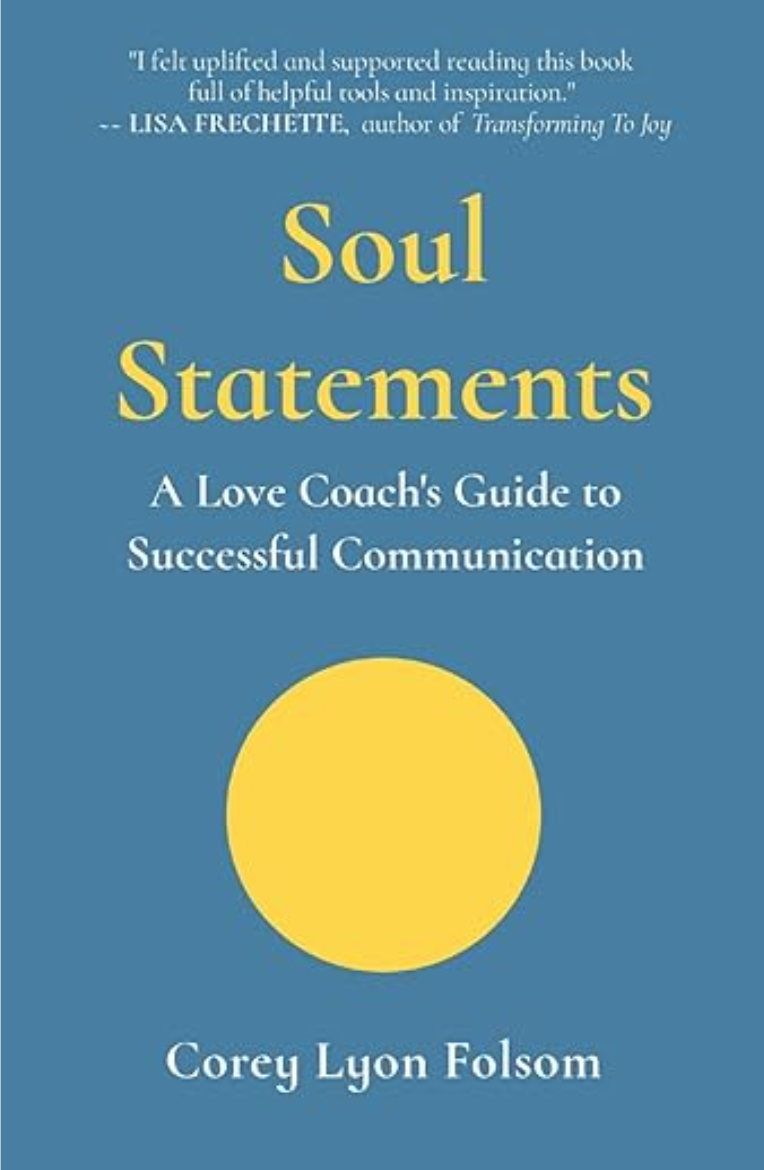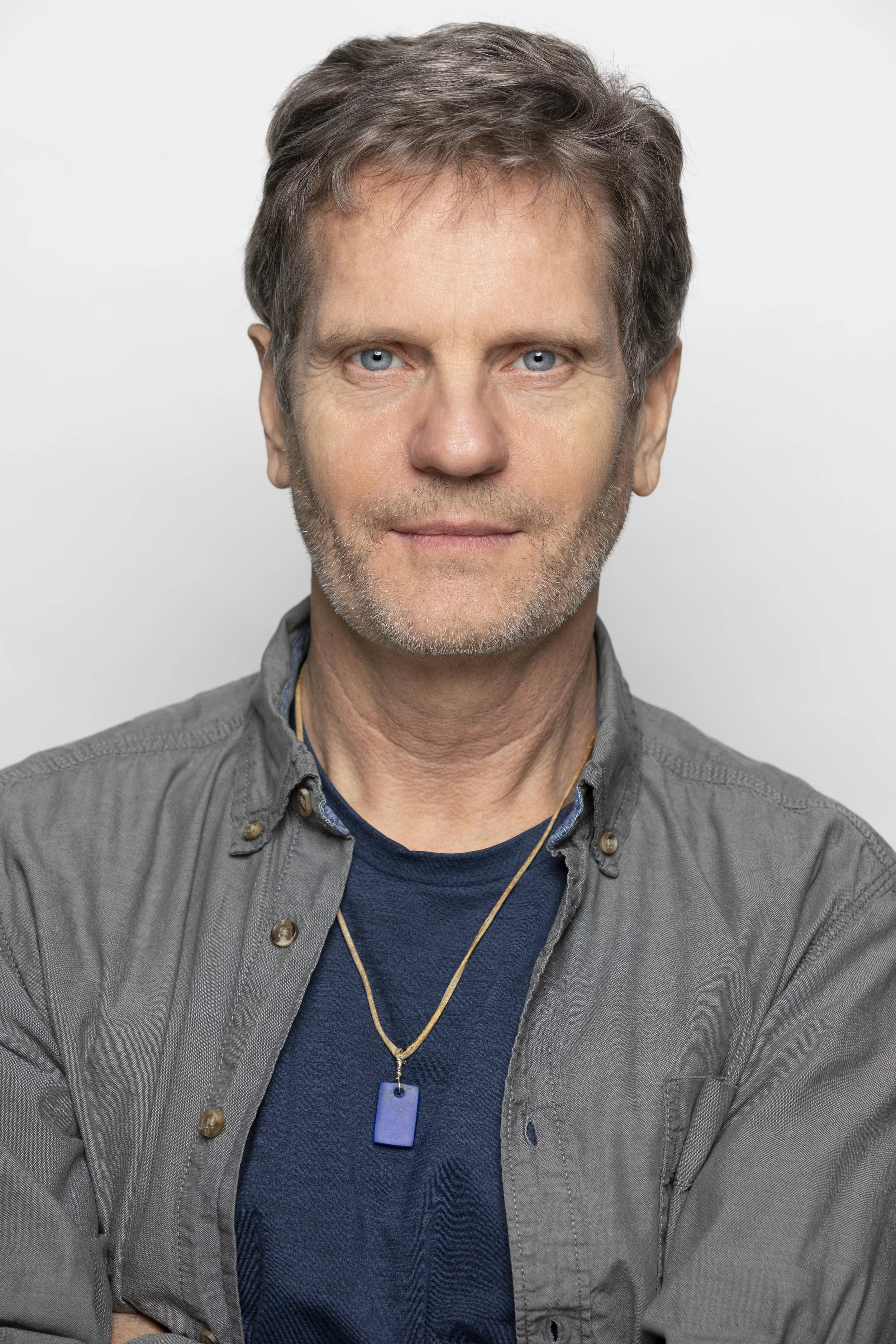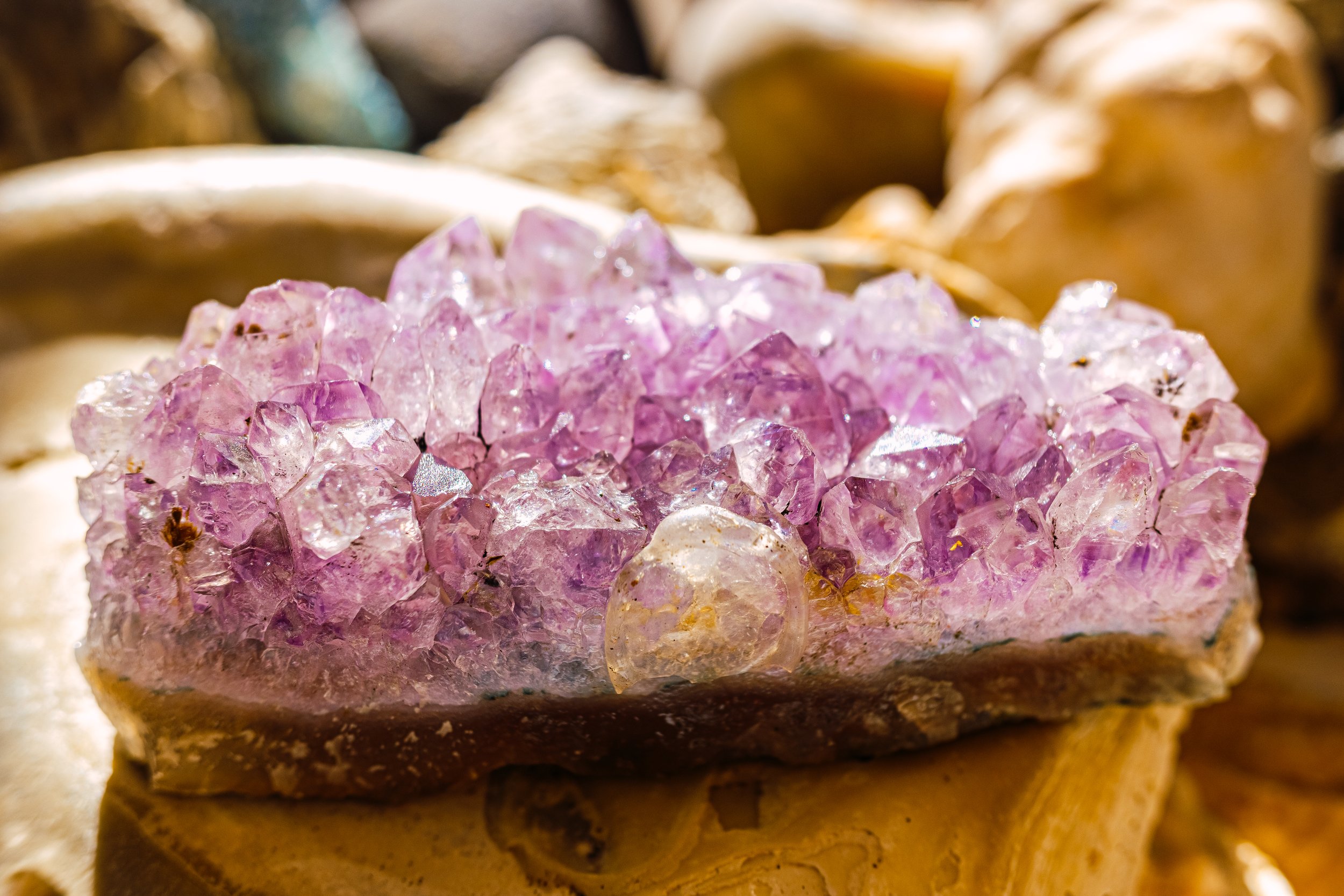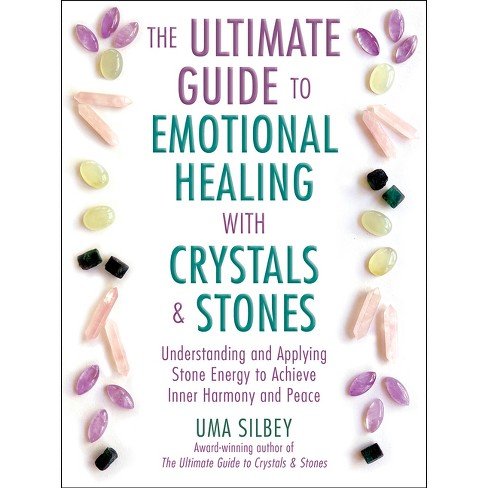"Soul Statements" is a powerful guide to enhancing relationships through meaningful communication. Leveraging his experience as a love coach, he provides practical tools and insights that foster deep, soul-level connections. The book seamlessly combines heartfelt advice with practical strategies, making effective communication accessible to everyone. I particularly appreciate his emphasis on empathy and understanding, underscoring the critical roles of listening and mutual respect. Through personal anecdotes and universal lessons, the book remains engaging and relatable. The very title, "Soul Statements," is inspiring, symbolizing its value as an essential companion for anyone striving to enrich their relationships. It's a must-read for those committed to cultivating love and understanding in their lives. ~ Valeria
A beautiful and Soul nurturing book I highly recommend: Soul Statements: A Love Coach's Guide to Successful Communication by Corey Lyon Folsom
Soul Statements help you remain aware of your true home and your essence. When you know who and what you are, your power naturally turns up. This makes it easier to live as the truest version of you. Increased serenity comes from living as who you were born to be.
SOUL STATEMENT EXAMPLE
I have a power place within.
In his book, Artic Dreams, Barry Lopez writes about how the northernmost Inuit people’s name for the polar bear translates as, Giver of Power. As Barry Lopez tells it, if a lone hunter is confronted by a polar bear with nowhere to escape (only flat ice in every direction) and he lives to tell the tale, he inevitably uncovers a deeper part of himself in those moments with the bear. This is a portion of his essence that he did not have access to before, but which he can now incorporate into his life, hence the name, Giver of Power.
Coming face-to-face with a serious cancer diagnosis and years-long treatment has been my Giver of Power. I got to feel into who I am beyond fear and desire. I had to decide how hard I was willing to fight for life and why. I continue to review and update what I believe about myself in order to be fully engaged in the fight for my life.
Fear waits to pounce from ambush when I am most vulnerable. Fear stalks me like a silent wolf at the perimeter of an ancient campfire. Fear wells up in my chest and informs me when I am focusing in a poor direction. It sometimes tries to enter my dreams and my quiet moments. The aggressive treatment of cancer is its own challenge with unexpected blows to roll with and losses to grieve.
For every loss along the way I could remain in sorrow or choose to focus on what I was gaining in exchange. Focusing on my gains was an absolute game-changer for me. It moved me from self-pity to clarity about why I was in the battle. There were more lessons on this voyage back to well-being that I could not know all at once. This journey was a slow-motion marathon.
The texture and layers of pain have their own purity and their own teachings. There was no short-cutting or getting around the predictable grief and sorrow, but I could not afford to spiral down too far into morbid reflection. The hurdles that I had to clear in this period of time were a stark example of the powerful adage: The way out is through.
I am happy for what I can do. This illness helped me stop doing things that weren’t the best use of my time. When the amount of time one has left might be drastically shortened, simple decisions become stark. “Is X or Y activity serving my highest value?” and “What if I didn’t do this thing?” These are natural questions when considering onrushing mortality. These questions are useful for any of us, anytime.”
SOUL STATEMENT EXAMPLE
I’m stronger than my challenges.
The Best Day of My Life
One thing that living with cancer has done is increase my everyday appreciation. When the potential for no more days becomes a much-too-real outcome, each day is precious. I may not be having an ideal day, but I am in it with a reasonable expectation of another day to live after this one. I hold the awareness that this very day I’m inhabiting is the best day of my life. Every day.
Other days may have held more pleasure, excitement, closeness, joy or accomplishment. There have been days in my life that were filled with wonder, adventure or more ease and connectedness than today. This day stands as the best simply because I am living it now.
All previous days, whether amazing or difficult, have passed into memory. They are encoded in my cells and psyche and they led me directly to here. Each one of them informs my present. And it is the present day that matters most.
Today is what I can experience and that makes it the best of all. All future days haven’t arrived and when they do (God-willing) I will experience them one at a time in real time. Every future day, when I’m living it, will be the new best day of my life.
Certified Tantra Educator, NLP Practitioner and Relationship Coach, Author, and Speaker
Author of SOUL STATEMENTS: A Love Coach's Guide To Successful Communication
To learn more about Corey and his work, please visit: https://corerelationship.com/

